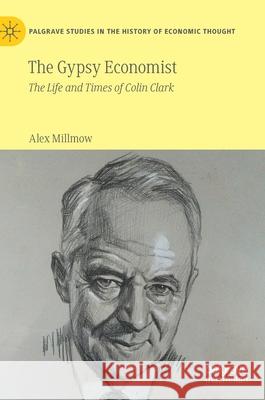The Gypsy Economist: The Life and Times of Colin Clark » książka
topmenu
The Gypsy Economist: The Life and Times of Colin Clark
ISBN-13: 9789813369450 / Angielski / Twarda / 2021 / 396 str.
The Gypsy Economist: The Life and Times of Colin Clark
ISBN-13: 9789813369450 / Angielski / Twarda / 2021 / 396 str.
cena 402,53
(netto: 383,36 VAT: 5%)
Najniższa cena z 30 dni: 385,52
(netto: 383,36 VAT: 5%)
Najniższa cena z 30 dni: 385,52
Termin realizacji zamówienia:
ok. 22 dni roboczych.
ok. 22 dni roboczych.
Darmowa dostawa!
Kategorie:
Kategorie BISAC:
Wydawca:
Palgrave MacMillan
Seria wydawnicza:
Język:
Angielski
ISBN-13:
9789813369450
Rok wydania:
2021
Wydanie:
2021
Numer serii:
000472522
Ilość stron:
396
Waga:
0.64 kg
Wymiary:
21.01 x 14.81 x 2.39
Oprawa:
Twarda
Wolumenów:
01
Dodatkowe informacje:
Bibliografia
Wydanie ilustrowane
Wydanie ilustrowane











